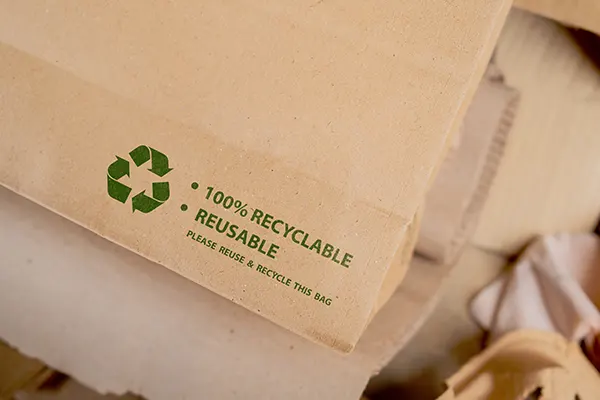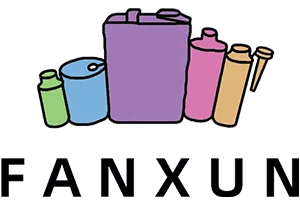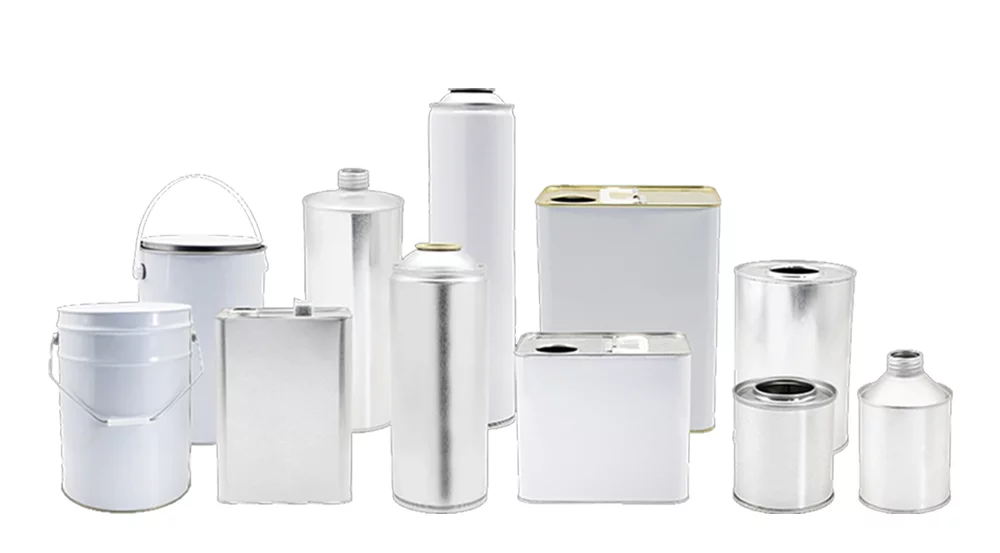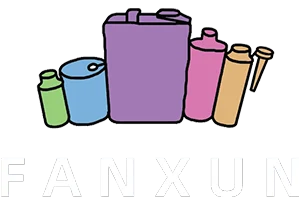Sustainably
Als industrieel blik fabrikant, FANXUN delivers sustainable value to our customers and the planet by exclusively using infinitely recyclable materials and driving out inefficiencies in our processes.

Sustainable Value of Tin Packaging

The metal packaging industry, particularly tinplate, is an excellent example of a circular economy in action. When you choose tinplate packaging, you’re not only selecting an attractive option that showcases your product effectively, but also opting for a highly sustainable material.
One of the most remarkable features of tinplate is its infinite recyclability. When the packaging is recycled, the tinplate can be reused as raw material indefinitely without losing its essential properties. This continuous reusability is a testament to its sustainability. In werkelijkheid, it’s estimated that 80% of the steel ever produced worldwide is still in use today, highlighting the longevity and recyclability of this material.

Tinplate Packaging Advantages
Eco-Efficiency: Easily separated from waste, reducing raw material extraction and lowering carbon footprint.
Superior Performance: Duurzaam, break-proof, and puncture-resistant; withstands extreme temperatures and UV exposure.
Flexible Design: Material thickness can be reduced for lightweight packaging; excellent for branding and easy to open.
Safety and Reliability: Natural barrier properties ensure product integrity, food-grade safe, and extends shelf life.

Wat we doen?
2. We evalueren hoe onze activiteiten het milieu beïnvloeden en werken om schadelijke effecten te elimineren of opnieuw te ontwerpen.
3. Onze verpakkingsoplossingen zijn ontworpen om de levenscyclus van het product te verbeteren.
4. We streven ernaar om materiaal te verminderen, energie, en watergebruik in onze productieprocessen.
5. Regelmatige training houdt onze medewerkers op de hoogte van best practices voor milieuveiligheid en noodhulp.
6. We zijn toegewijd aan transparante communicatie over onze milieupraktijken met alle belanghebbenden.
7. Diversiteit is een kernwaarde, Ongeacht geslacht, race, of religie.
8. Onze activiteiten komen overeen met de duurzame ontwikkelingsdoelen van de Verenigde Naties.
















